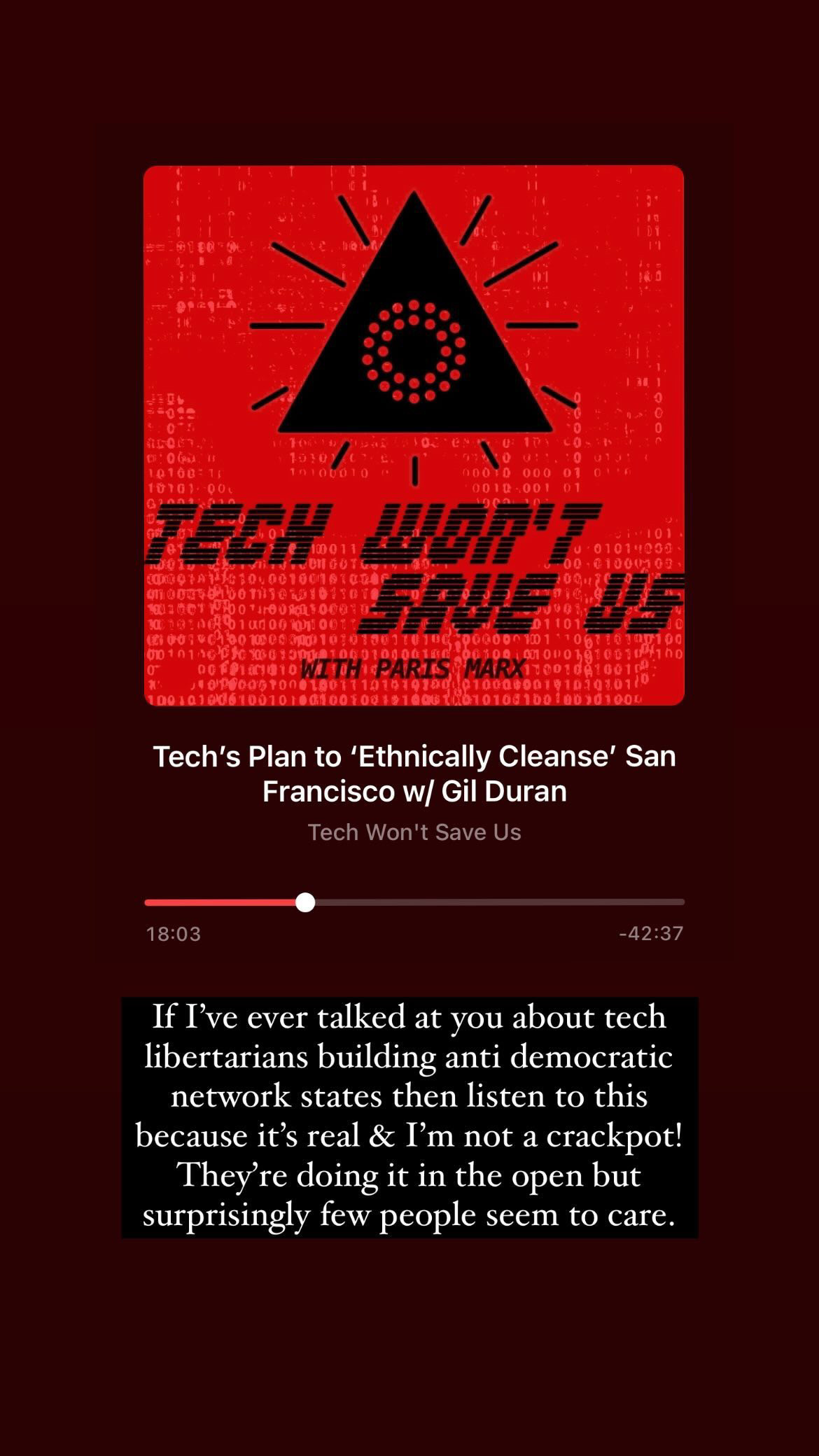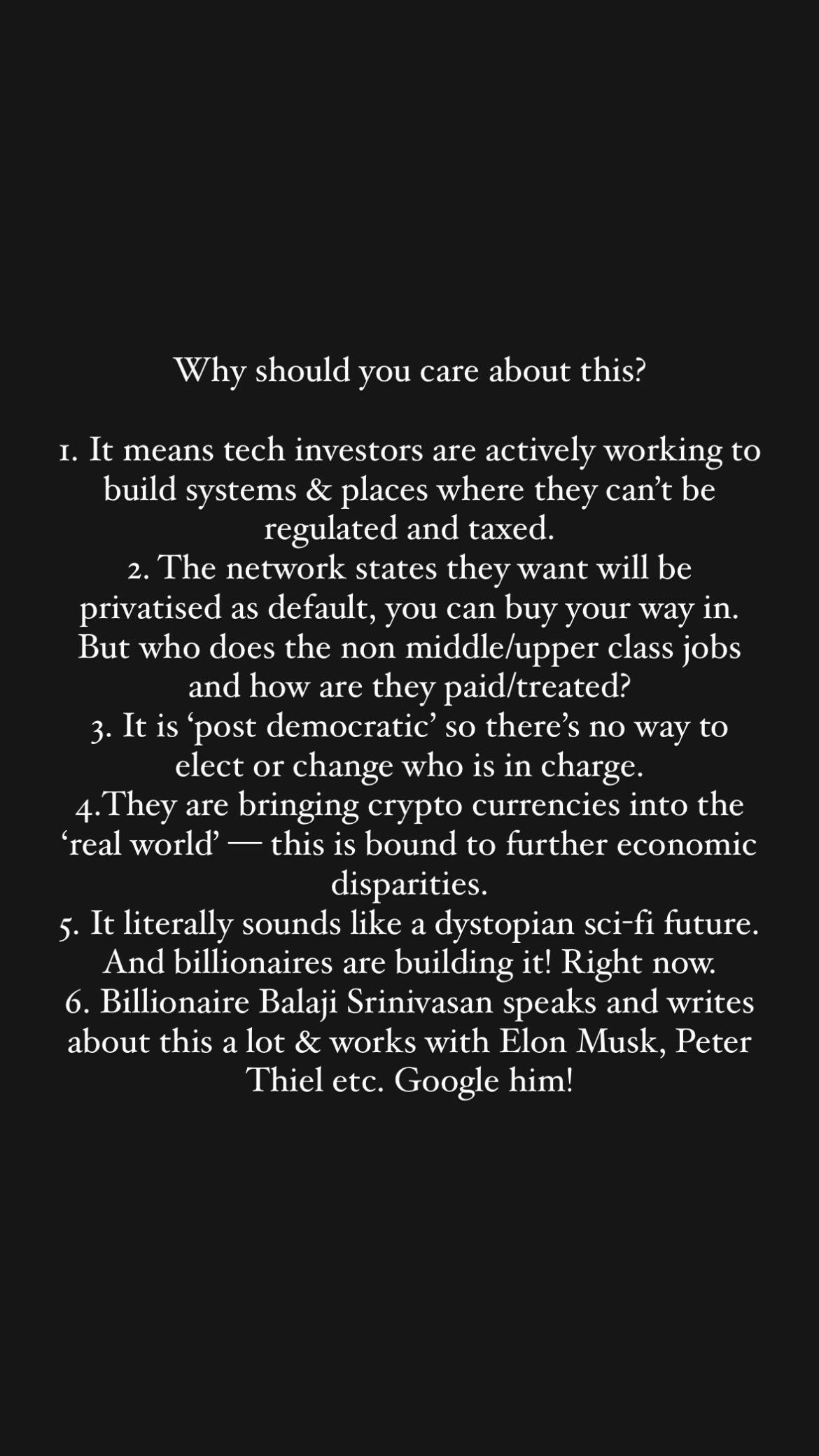In the last few years I have grown to really care about democracy. It's weird how cringe it feels to say that aloud. Before, I’d taken it for granted. I voted, followed politics and got behind protest movements I cared about, but didn’t think too much about democracy itself. Escalating polarisation online, with the “Marxist” woke people on one side and the “fascist” Trump or Farage fans on the other, meant I started thinking more about how people with different ideas can have a more constructive dialogue. This became especially important to me when these culture wars started playing out in my real life communities, with drunken arguments and public shaming via WhatsApp groups. As a result of such rows, both sides got further entrenched in their views, and stopped speaking to one another.
During my Masters, I read around the topic of democratic education and learned about deliberative democracy, and Mouffe's concept of agonistic pluralism. It was the latter that really got my attention. The basic premise is that it is not possible, or desirable, to convince "the other side" that your ideology is right or find consensus. Instead you must find ways to debate, disagree and move forward through democratic practices. I liked this concept as it had potential to stop the game people were playing in its tracks. What if, instead of arguing forever, we accept that other people think differently to us and figure out how to move on? Well, of course, instinctively, there are limits to how much we can do this. Do we simply accept that some people are racist or sexist? Accept the exploitative working conditions of companies run by billionaires? Then perhaps the word accept is wrong. It's not about acceptance, but instead about maintaining relations and debate. Because, of course, without coming together with those we disagree with, there will be no exchange of ideas and no way to move forward, together. And we are together, whether we like it or not.
For this reason, I was skeptical when most of my friends were so alarmed by Trump during his first presidency. I thought people who called him a fascist were overreacting. And, as someone with a lifelong interest in the absurd and subversive, I was kind of fascinated by the aesthetics and puerility of it all. I thought the left, once the “cool” and edgy side, had become too earnest, too punitive, and too... conservative. During this time I started dipping my toes into right wing media and writing, particularly where it was adjacent to my interests in technology and education. I didn't find much that I agreed with but I found a lot of stuff that was plain weird and fascinating.
Two people that I got really interested in were Curtis Yarvin and Balaji Srinivasan, both of whom have strong visions for anti-democratic futures which, at first glance, felt too fringey and strange to take completely seriously. For example, Yarvin envisions a CEO-monarch in charge of a country, rather than an elected official and Srinivasan talks about founding start-up 'network states' to supercede the nation state. When I looked into both of these characters more, with my new found love for agonistic democracy, I was alarmed by their proximity to wealth and power. Srinivasan himself is a millionaire entrepreneur, and billionaire Peter Thiel publicly supports Yarvin. Both have strong links to Elon Musk.
These anti-democratic futures were dystopian and terrifying to me. I talked about what I was learning with my friends, who I'm pretty sure thought I was crazy. Here is a Instagram story I posted on this topic:
It garnered barely any likes. When people talked to me about Musk's latest antics on Twitter/X. I warned that these were just hijinks and distraction from the underlying project of dismantling democracy. Of course, now Musk is beginning to do just this. For real. He is, I’m sure, hoping to be the U.S.'s future CEO-monarch. And Trump and Yarvin are proposing Gaza becomes a "charter city" a la Srinivasan’s network state concept. Yarvin's most recent blog post on this, entitled, “Gaza, Inc.” (I won't link to it, but do Google it), makes me sick to my stomach. I can now say positively that Trump is a fascist. Or he is, at least, opening the door and welcoming them in.
So what am I trying to say? I told you so? Probably, a bit. But also, I feel guilty for not shouting louder about this stuff. I was too scared to sound weird. "Hey, can I talk to you about a guy called Curtis Yarvin and the dark enlightenment?" is not exactly a fun topic of conversation at the pub. But now I am not scared to sound weird. I had my first pub conversation about this last week and I will stand up for democracy, even if does, for some reason, feel cringe. We cannot allow the United Kingdom to head in the same direction as the USA. I hope that the left and the right here can come together enough to defend our democracy from the threat of the nerd reich.




